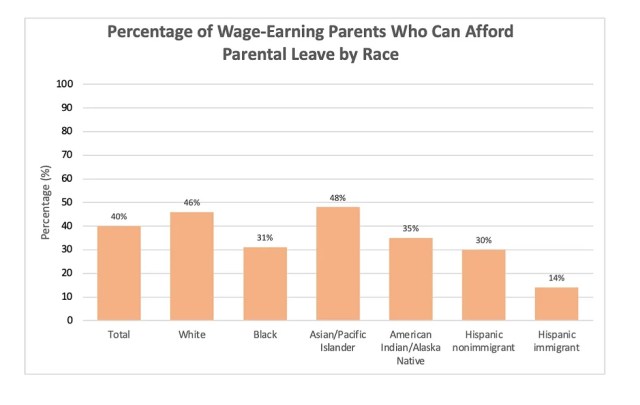The world’s first feminist mini golf course has opened – and it teaches reproductive justice

A mini golf course designed to encourage discussions about reproductive justice has opened in the town of Middlebury in Vermont, US.
Created by the Center for Public Feminism, the golf course opened in May, and on the surface looks like any other mini golf course might do.
However each of the 11 full-sized holes represents a different topic related to reproductive rights issues including abortion, contraception, sex education, foster care and incarceration.
By navigating the course, players encounter settings where these issues often take place, and they have to make decisions based on real-life situations to continue the game. They can also click on QR codes throughout the course that take them to a website with extra resources about the topics being raised.
Take for example hole number six, where players will find two doors – one leading to an abortion clinic and the other to a crisis pregnancy centre. The two doors have been designed to be practically indistinguishable, showing the impact of crisis pregnancy centres that aim to discourage people from obtaining abortions.
The third hole is set within a kitchen, with the aim of fostering discussion on the burden of care work along with issues of race and class. The kitchen is intended to belong to a middle class mother who has recently had a baby, showing the amount of care work she does on a daily basis. However, in this instance she can afford to hire someone to clean and take care of her child while she is at work – but the worker she hires earns wages that are at poverty level, making it almost impossible to take parental leave.
The US is the only wealthy nation with no national paid parental-leave programme, with only 21% of US workers having access to paid family leave through their employers.
According to the Center for Public Feminism, in 2020 the average salary of childcare workers, 92% of whom are women, was less than a third of the national average. “Research shows that low-paid and part-time workers are ‘less likely to have access to paid family leave,’ while ‘women of color are less likely to have access to any form of paid leave, including parental leave.’ In short, race and class determine who gets the kind of parental leaves that allow them to take care of their own children, who can hire people for caregiving labour, and who is hired to do this labour.”

Other holes represent hospitals, prisons and classrooms, covering forced sterilisation, surrogacy and even how the sensationalised “crack baby epidemic” played one of the greatest roles in producing a foster care system that disproportionately impacts mothers and children of colour.
The golf course has been created in partnership with Middlebury College’s Gender, Sexuality, and Feminist Studies program and led by Professor Carly Thomsen in collaboration with students from her Feminist Building class.
Speaking to Vermont news outlet VTDigger, Thomsen said: “We set up the golf course to feel like you’re moving through a community or a town. These are all sites where reproductive injustices play out. They’re also, that means, sites where reproductive justice activism could transpire.”
The Reproductive Justice Mini Golf course is free to attend and open until July 15. Visit https://www.feministminigolf.org/ for more information.
READ MORE
